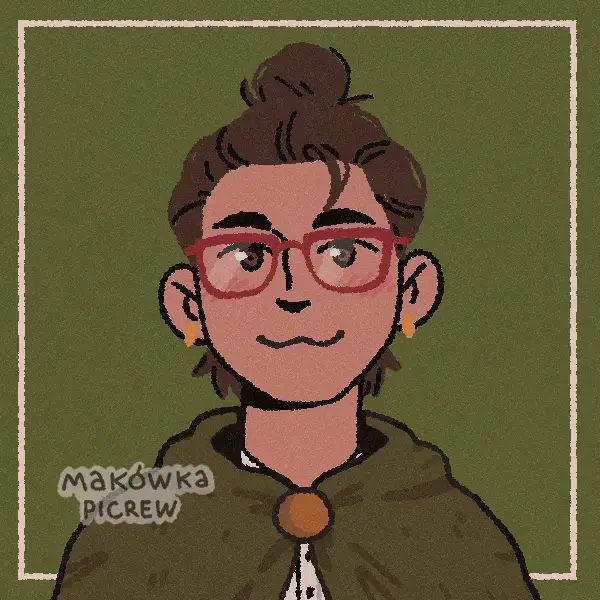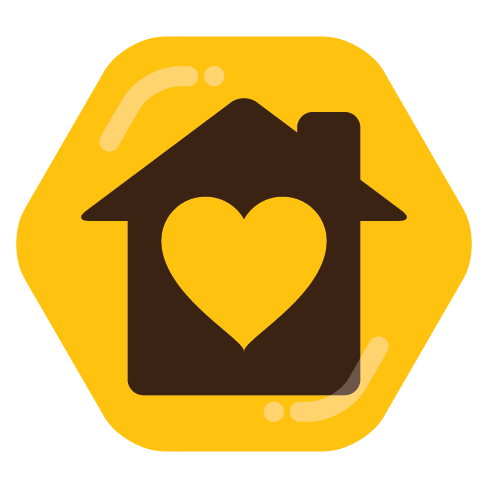The Community Toolbox is a resource provided by the Center for Community Health and Development at the University of Kansas, and I’ve referenced them from time to time in my college organizing work. It has a strong focus on non-profits, but there’s still a lot of stuff that I think is really pertinent to community organizing in general.


What sorts of organising have you done with your university? Have any tips to share or projects your particularly proud of being involved in?
In college, I’ve mainly led three organizations - a feminist activism organization, a Filipino cultural org, and a diversity council - basically a catch-all org for students from marginalized groups which was tied into our school’s diversity office. That last one especially is hanging in limbo with recent legislation in Texas, but I’m sure we’ll be able to continue the work somehow even without institutional funding. Through these different orgs, I tried to do more to bridge the university with the local community, especially since our city (like many others in the US) is still very segregated, and also bring together students of different racial/ethnic/cultural backgrounds, but also queer, women, disabled, etc. students for action across the university and the city.
It’s long list of small things: coordinating with other groups for protests/demonstrations, volunteer events at a local non-profit focused on antiracist action through art education, connecting student orgs to each other to build long-term relationships between them, getting student/faculty/staff senates to adopt a land acknowledgement, petitions to university administration to hire more diverse faculty/staff, allocate resources towards gender-inclusive signage and facilities, and demand accountability/stronger prevention efforts for campus sexual violence, providing sex education to give more information than what our university would, etc.
I also worked in giving peer-to-peer education on leadership and diversity, and I was really involved in creating curriculum for that and developing workshops as well. My love for that also saw me making workshops about Filipino culture and encouraging political consciousness and civic engagement in those students especially.
Sorry to dump so much information haha. I’d love to eventually share some of the resources I found and some of the lessons I learned doing all this stuff, especially here on Beehaw - this post was just one such thing. But as far as the most critical tips I have:
Work from an abundance perspective rather than a deficit perspective - don’t fixate necessarily on what resources you lack, but rather what assets you have within your community and how you can bring them together in creative ways. There’s a really cool activity called asset mapping which I like to practice to get people, in groups of any size, to come up with ideas for programming and action - this is a great way to put that idea into practice.
Be inclusive in everything you do and lift as you climb - always aim to be welcoming and bring others to the table, always think about who’s not represented in your work and how you can bring them into the conversation. As you receive more opportunities, pass them onto others so that those around you can benefit and grow, rather than hoard opportunities for yourself.
Be open-minded and be boldly democratic - think about the culture your group has and how it operates, does it exclude people or leave anyone out? Is decision-making only trusted in the hands of a select few? Expand the powers of democracy to everyone and encourage everyone in the group to grow in their leadership capacities, don’t shoot down ideas but rather think of how you can improve them and support people’s passions. Be radically transparent and don’t avoid conflict - approach it bravely and with civility, respect, and humanity. Let minority opinions (i.e., people in the minority on their opinion, not ethnic minorities) be listened to respectfully and be considered & encourage discourse. It may slow things down but it is worth the extra time to have stronger consensus.
Another thing I’d like to share is the Relational Leadership Model. Although not everyone’s style of leadership is focused on creating change, social change is the essence of leadership in my opinion. This model didn’t necessarily teach me a ton of new stuff since I didn’t encounter it until much further into my work, but it really helped me put my ideas about leading and community efforts into perspective. It’s good to read about and gain some insight into how groups work together and how important relationships and culture are to the work and to the health of the group.
Love the mahi! I can imagine the political climate makes se of these harder to organise than they should be but also makes their existence even more important. You have so much great advice in here I should put together a mega doc for this sub with the info in your post and all the handy links people are sharing here. Would thay be okay?
That would be excellent! I’d love to flesh things out down the road and provide more advice, maybe turn what I’ve written here into something more substantial and with proper links to where I’ve learned some of this stuff or just additional reading, so if/when you put that doc together, I’d love to be involved in future contributions.
I’ll start putting something together this weekend and then send it through to you if that’s okay? There’s no deadline so no pressure but I would really appreciate all the advice you can give us!
Sounds good!